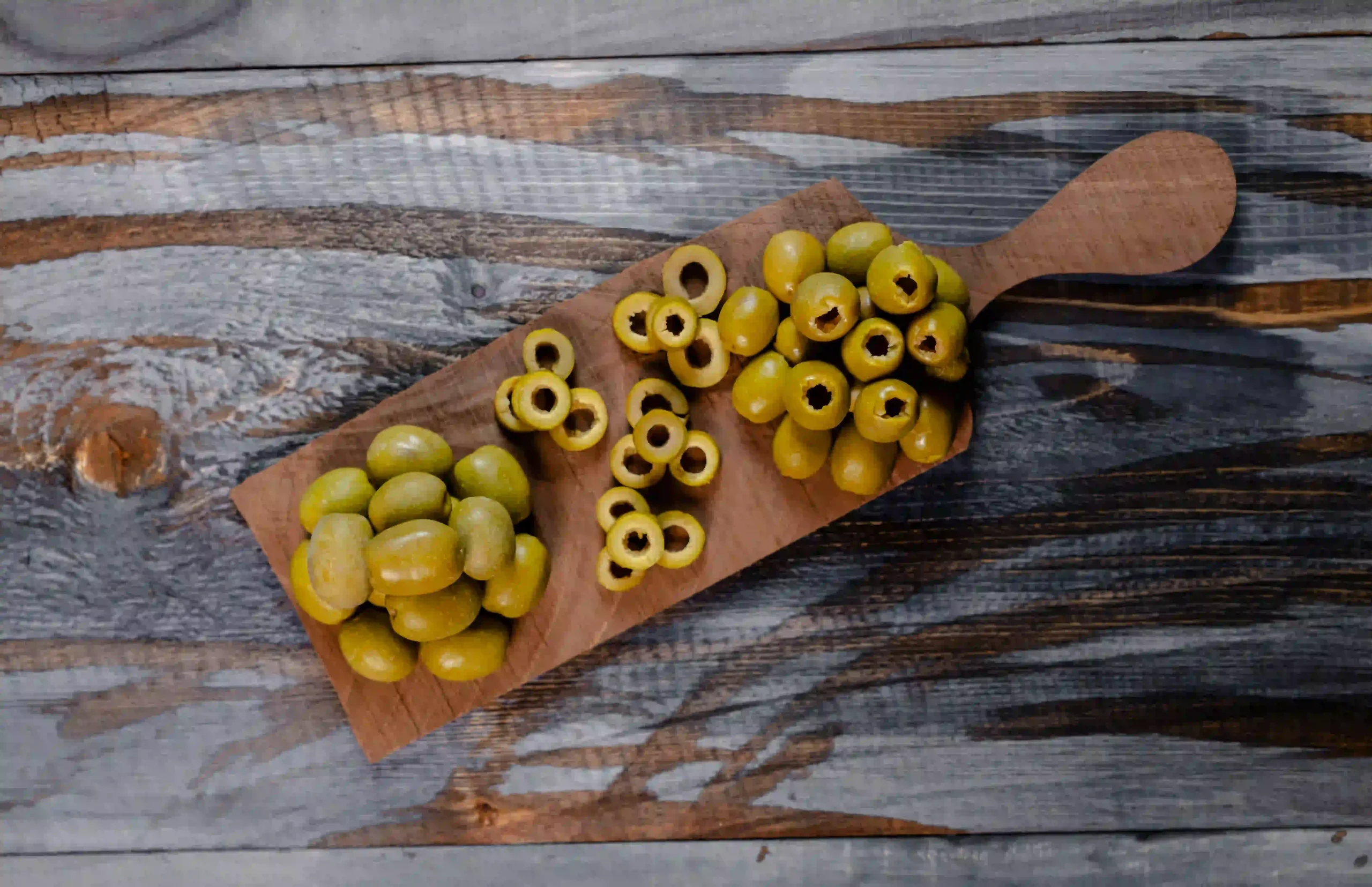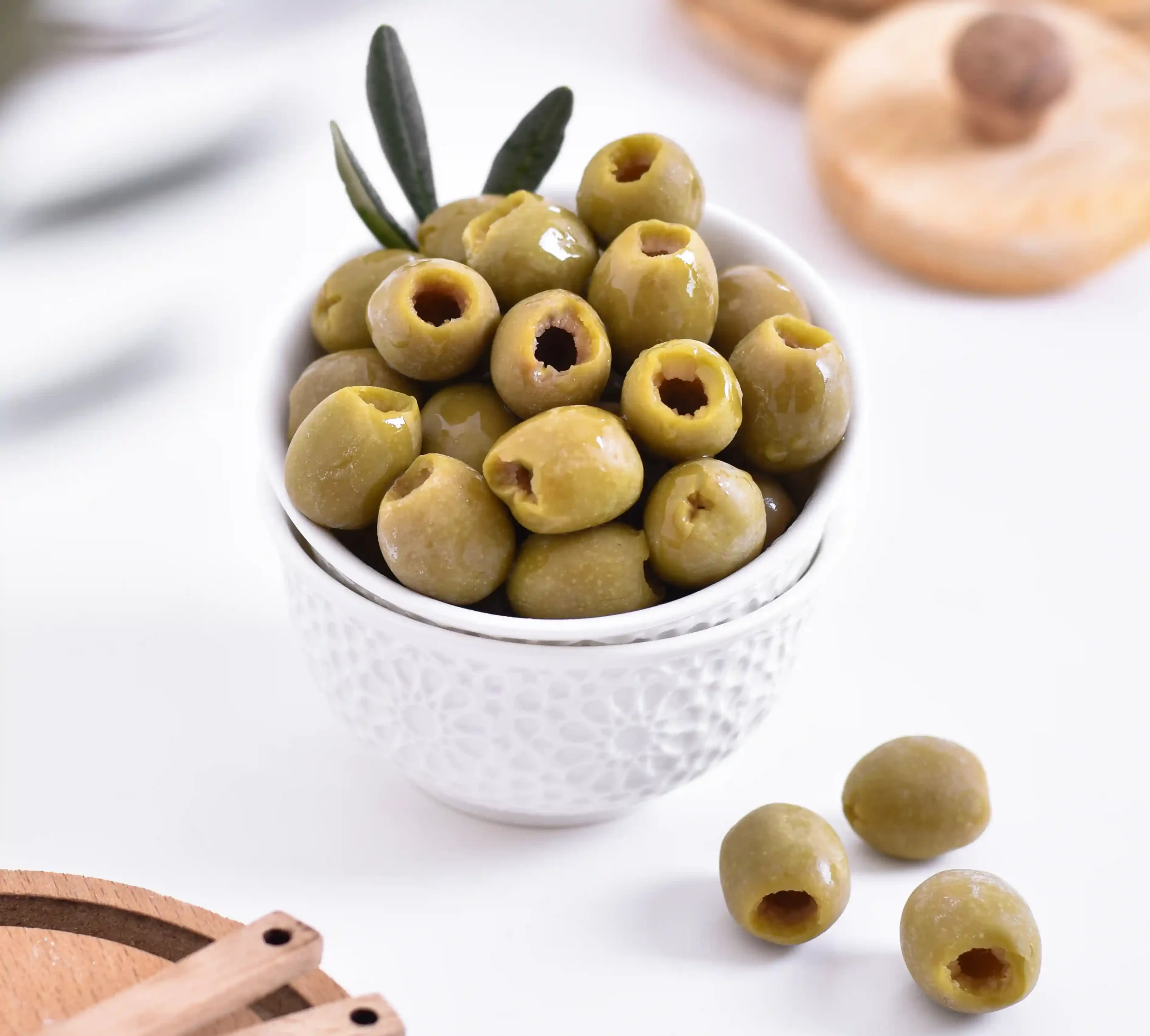Salted olives
Olives are revered for their diverse flavors, nutritional benefits, and historical significance. Indeed, they have been a cornerstone of many cultures for millennia. Specifically, these small fruits come from the Olea europaea tree. Consequently, they hold a notable place in history for their versatility and health properties.
The history of olives extends back thousands of years to the Mediterranean region. For example, ancient Greeks, Romans, and Egyptians highly valued them. They were important not just for food, but also for symbolism, medicine, and religious ceremonies. In fact, the olive tree was often called the “tree of life,” representing peace, wisdom, and abundance.
Furthermore, olives carry great cultural importance across many societies. They are a staple in Mediterranean cuisine, prominently featured in traditional dishes, oils, and tapenades. Similarly, the olive branch remains a universal symbol of peace and prosperity.
Nutritionally, olives are rich in monounsaturated fats and antioxidants. Therefore, they offer significant health benefits, such as supporting heart health and providing anti-inflammatory properties. Additionally, they are a source of essential vitamins and minerals. Ultimately, the oil extracted from olives is celebrated for both its culinary uses and its health-promoting qualities.
What Are Salted Olives?
Unlike olives preserved in brine or Olive oil, salted olives are a traditional preparation. Specifically, fresh, raw olives are cured solely with coarse sea salt. This ancient method is often called “dry-curing” or “salt-curing.” Essentially, the salt draws out the olives’ natural bitterness and moisture through osmosis. Consequently, this results in a deeply concentrated flavor, a wrinkled appearance, and a firm, meaty texture.
Overall, this process is slow and requires careful attention. However, the final result is an olive with an intense, complex flavor. Therefore, its profile is both uniquely savory and deeply satisfying.
NITC Standards for High Quality Olive

Selective Harvesting
We partner with a network of trusted and skilled growers. Following this, we meticulously select only the finest, plumpest olives at their absolute peak. As a result, this careful selection ensures a superior and consistent base. Ultimately, this foundational quality is critical for our specialized curing process.

Purity in Every Bite
We proudly honor the time-honored, traditional method of salt-curing. At the same time, we carefully employ state-of-the-art, hygienic facilities. This dual approach crucially guarantees a safe and consistent process. Consequently, it delivers a reliably high-quality product with every single batch.

Traditional Meets Technical
We proudly honor the time-honored, traditional method of salt-curing. At the same time, we carefully employ state-of-the-art, hygienic facilities. This dual approach crucially guarantees a safe and consistent process. Consequently, it delivers a reliably high-quality product with every single batch.
NITC Salted Olive

Why to Choose NITC Olives?
As Nazari International Trade Corporation, our commitment extends beyond the product itself. We are your strategic partner in the global food market.
- Reliable Volume Supply: We have the capacity and logistical expertise to meet the demands of international distributors, wholesalers, and food service industries.
- Rigorous Quality Control: Every shipment is backed by our stringent quality assurance protocols, ensuring you receive a product that meets your exact specifications and your market’s regulatory standards.
- Global Logistics Expertise: Our sophisticated supply chain management ensures timely and efficient delivery to any corner of the world, preserving the freshness and integrity of our products.
